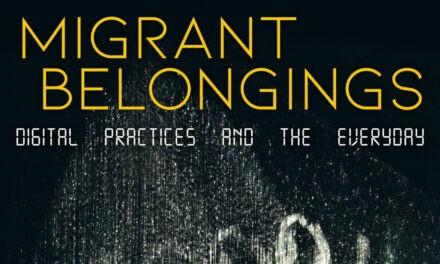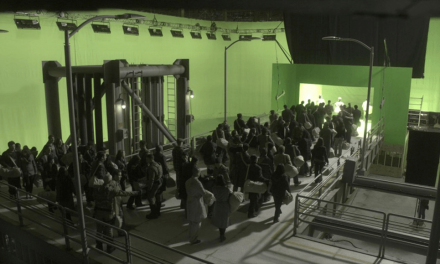Call for Papers
*Sound Collectives: The Acoustics of the Social in American Film and Literature *
An International Conference, Dec. 7-8, 2018, Catholic University of Eichstaett-Ingolstadt
Sound positions individuals as social subjects. The presence of human beings, animals, objects, or technologies reverberates into the material and virtual spaces we inhabit and produces distinct soundscapes that render social practices audible. The assessment of a sonic phenomenon as noise or music, as rallying cry or offense, as reassuring or disturbing event reveals the social paradigms that govern our perception. As Michael Bull and Les Back write in The Auditory Culture Reader, paying critical attention to sound makes us re-think [?] how we relate to others, ourselves, and the spaces and places we inhabit? (4). When sound travels through space, it becomes a repository for the relational activities that define a living environment. Narrative media like film and literature can be considered as cultural sites where the capacity of sound to register and to expose the stratifications and constitutive processes of society is negotiated.
This conference wants to facilitate the interdisciplinary exchange on acoustic concepts, discourses, and practices related to the social in
narrative media. It seeks to address the increasing interest in sound studies as a research area for American studies, particularly when it
comes to American film and literary studies. Which sound collectives do films and literary works register and how are these represented or
mediated? What are the societal functions of sound, noise, and music in film and literature? What kind of debates, methods, and theoretical approaches on sound are currently developed in the respective scholarly fields? And how can film and literary studies learn from each other or even join forces in their critical engagement with sound?
Possible topics could include, but are not restricted to:
- literary or cinematic orchestrations of sonic communities and polyphonic soundscapes
- politics of sound and social critique in literature and film
- sounds of resistance or subversion
- social narratives in film scores or soundtracks
- aural representations of the public sphere
- sound, social formations, and aesthetics
- power relations, agency, and sound
- sound and ethnic or racialized formations
- sound and class
- sound and gender
- practices of silencing
- ethics of listening
- acoustic practices of participation
- sonic sites of migration, globalization
- sonic nostalgia or futuristic soundscapes in film and literature
Please send a 300-word abstract and a short CV to Nathalie Aghoro (nathalie.aghoro@ku.de) by June 20, 2018.





